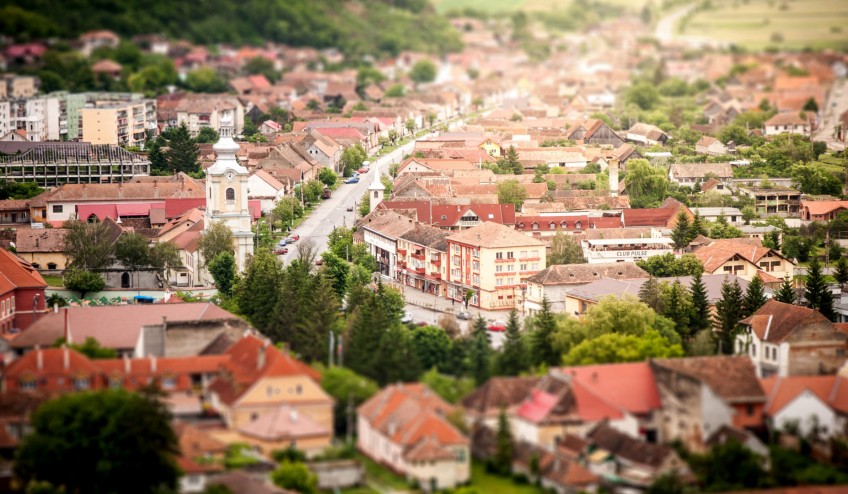Malcom Gladwell starts his 2008 book Outliers, with a story about a small town called Roseto in the Apennine foothills, southeast of Rome. At the end of the nineteenth century, groups of Rosetan people started emigrating to America. They found jobs in a slate quarry in Pennsylvania. Over the years more and more Rosetans moved to the area, buying land on a rocky hillside and building a town that closely resembled their hometown.
Over time the town grew and they built a church, schools, a park, a convent, a cemetery. The local priest setup spiritual societies and organised festivals. He encouraged people to grow produce in their backyards. They even renamed the town Roseto. It was its own tiny, self sufficient world.
In the late nineteen fifties Stewart Wolf, a doctor, heard from a local Roseto doctor, how he rarely found anyone in Roseto under the age of sixty-five with heart disease. This was very odd back in the 1950s so he and his team started a study. They examined death certificates, doctors records, medical histories and genealogies. They took blood and performed EKGs. They tested the whole town.
The results were astonishing. In Roseto, virtually no one under fifty-five had died of a heart attack or showed any signs of heart disease. For men over sixty-five, the death rate from heart disease in Roseto was roughly half that of the United States as a whole. The death rate from all causes in Roseto, in fact, was 30 to 35 percent lower than expected. A sociologist called John Bruhn helped interview every adult in the town. He said “There was no suicide, no alcoholism, no drug addiction, and very little crime. They didn’t have anyone on welfare. Then we looked at peptic ulcers. They didn’t have any of those either. These people were dying of old age. That’s it.”
Wolf researched several explanations for the Rosetans good health including their diet, their genes and the location of the town in Pennsylvania but none of these explained it. He began to realise it had to be Roseto itself. He saw how the Rosetans visited one another, they cooked for one another, they stopped to chat on the street. Many homes had three generations under one roof and grandparents were highly respected. Wolf observed the unifying and calming effect of the church. Roseto had many civic organisations. They shared a strong egalitarian ethos. As Gladwell says “The Rosetans had created a powerful, protective social structure capable of insulating them from the pressures of the modern world.”
I think this is a fasincating story and a great reminder of the importance of community. The people we surround ourselves with have a profound effect on who we are. Much of modern Christian teaching emphasises the personal relationship with God, and rightly so, but in our highly individualised culture, forming meaningful communities can be challenging. Communities don’t form as organically as they used to, they require the conscious decision on our part to engage. If we can do this it will have a positive impact, not just on our physical health, but on our spiritual health too. In Ecclesiastes 4:9-12 it says:
Two are better than one, because they have a good return for their labor:
If either of them falls down, one can help the other up.
But pity anyone who falls and has no one to help them up.
Also, if two lie down together, they will keep warm.
But how can one keep warm alone?
Though one may be overpowered, two can defend themselves.
A cord of three strands is not quickly broken.

